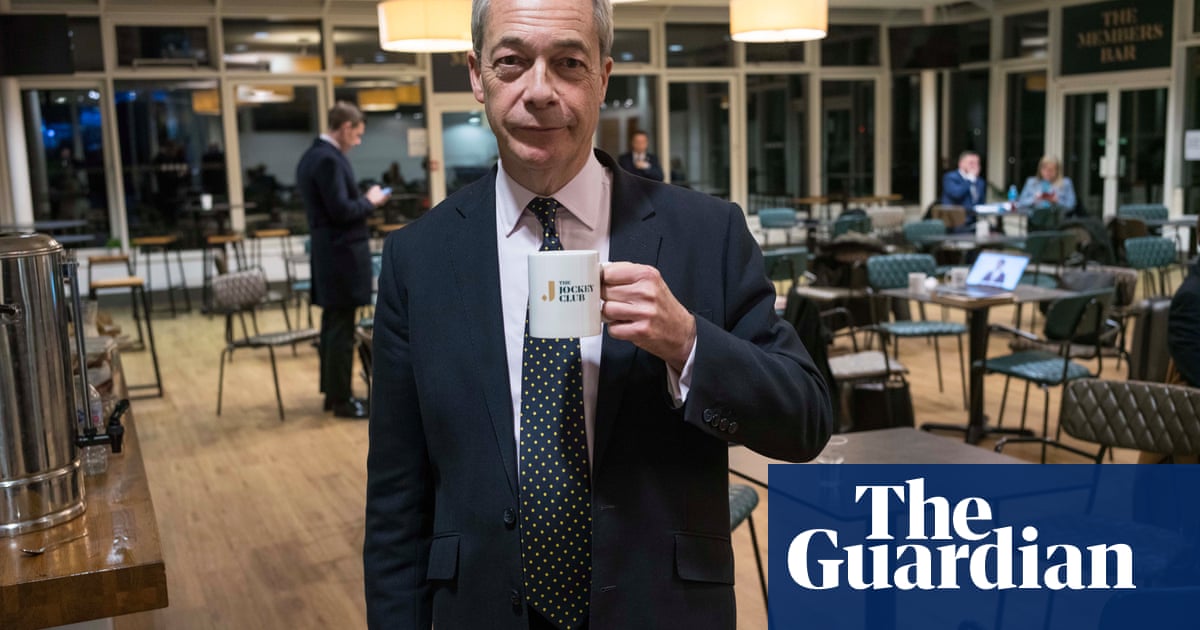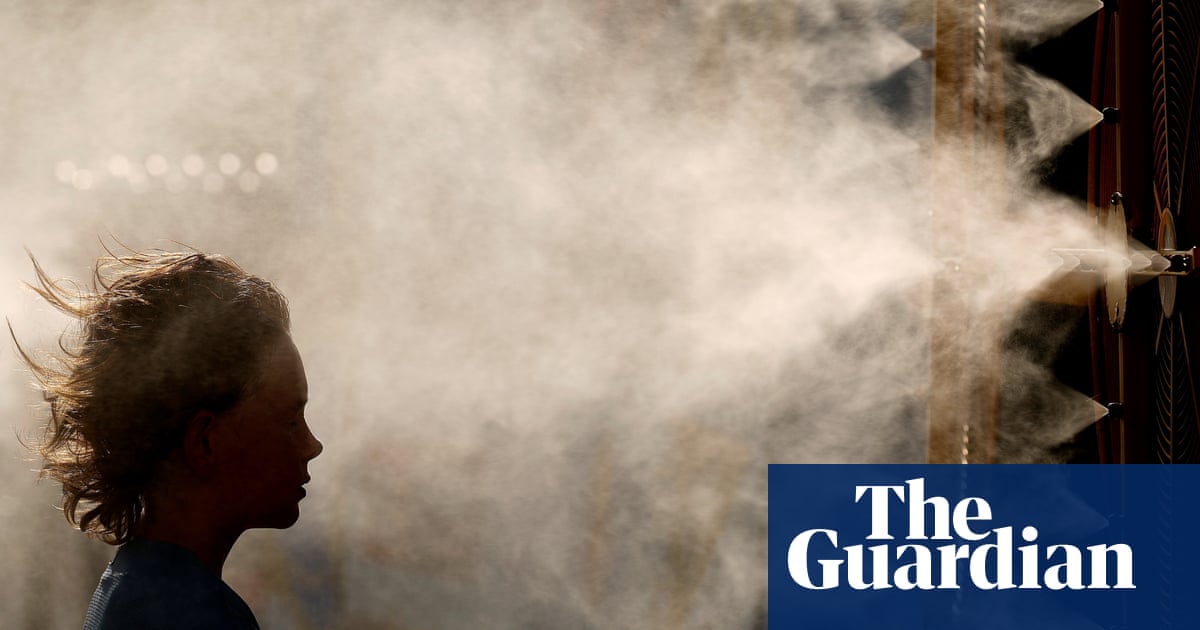When we walked into school on the morning of 6 November, we exchanged quick glances with the other girls in our social circle – looks filled with uncertainty and dread about the future. Because we are applying to colleges all around the country and about to leave our homes in the Hudson Valley, political issues suddenly have begun to feel a lot more personal.
Access to abortion and contraception, protection of the environment, and the growing hate and violence toward marginalized groups all have the potential to greatly impact our lives. We had only brief conversations about why Trump’s victory felt so defeating, but our shared disappointment stuck with us as we walked to our first period classes.
But as we sat down at our desks, we noticed a very different attitude among our male peers. Subtle high-fives were exchanged and remarks about the impending success of the next four years were whispered around. It didn’t make much sense. We live in a mostly liberal town in the Hudson Valley where Harris-Walz signs were posted outside of most of our friends’ houses. This is not to say that families with dissenting opinions don’t live in our town. But the boys that were the most vocal in their enthusiasm about the election results have progressive parents just like ours.
As these startling observations made us look back on the last couple of years, we started to realize that maybe this wasn’t as unexpected as we thought. An increased interest in pursuing the ideal masculine appearance by going to the gym and the creation of new male-dominated social activities like the infamous exclusive poker nights had seemed innocent and had been easy to write off as typical boyhood behavior.
But now all that seemed as if it was just the beginning of a new wave of male conservatism that was infiltrating our school. Obsession with achieving a more muscular body through excessive exercise and intense dieting fueled by ridiculous social media campaigns fell far outside the realm of healthy self-care. And the desire to socialize only with other boys stood in stark contrast to the co-ed activities we were accustomed to, since our childhood.
It hadn’t taken long for this focus on machismo to creep into these boys’ mindsets and conversations. Seemingly harmless disrespectful comments with witty undertones toward girls became commonplace, and feelings of traditional male dominance started to sneak back into our friend groups. Upon reflection, we both recall speaking about stereotypically masculine interests or topics and then hearing snickering exchanges between the boys in the room followed by targeted belittling retorts disguised as trivial jokes. It genuinely felt as though they viewed us as unintelligent or even inferior. During science lab our male lab partners read the directions aloud to us, and we had to remind them that we could actually read.
What we saw now was that all this was the result of an obsession – perhaps somewhat subconscious – with preserving an idea of traditional masculinity that both Biden and Harris threatened, in different ways. As an older, frail individual, Biden was an easy target for Trump’s aggression. While Trump’s comments seemed like an attack on Biden’s age and mental competence, they also incorporated indirect attacks on his masculinity that influenced this impressionable demographic of young men. And when contrasted with Trump’s pumping fist after the assassination attempt in July, Biden was appearing weaker and weaker while Trump was solidifying his representation of traditional male heroism.
Similarly, when Kamala Harris replaced Biden as Trump’s opponent, his goal of making his adversary seem “weak” was much more straightforward, exacerbated further by Harris’s prioritization of women’s rights in her campaign. Still, because our town is considered such a progressive bubble, we never thought the tone of the election was connected to the changes we were observing in our male peers But Trump’s calculated direct focus on young boys was strong enough to win them over.
While these are just observations within our own high school, we believe that this is happening across the country. Young, well-off white boys from liberal families are being tempted by conservatism simply to protect an archaic idea of masculinity that guarantees them inherent power. It is not as if they are against abortion, or care much about the economy or immigration, or even feel remotely attracted to the rest of conservative dogma. But clearly, a shift back toward traditional gender roles is resonating with them now as progression toward female empowerment threatens their already delicate self esteem.
So how do we address this, going forward? How do we ensure that young boys practice critical thinking instead of falling victim to Trump’s rhetoric with its focus on recommitting to gender stereotypes that we believed had finally been eradicated?
Parents, we urge you to be aware of this growing phenomenon and teach your children about the dangers of calculated political movements designed to further one politician’s agenda. Until we do so, it is likely this pattern will continue. Boys in our school as young as eight are beginning to exhibit these same misogynistic tendencies that we never remember noticing when we were their age. And the most dangerous aspect of this is how little it’s talked about in mainstream media and how easily it has been overlooked in progressive communities. In fact this is an epidemic that will continue to spread rapidly until we start talking about it.
So look closely because these boys will be among the voters responsible for deciding our future elections.

.png) 1 month ago
13
1 month ago
13













































